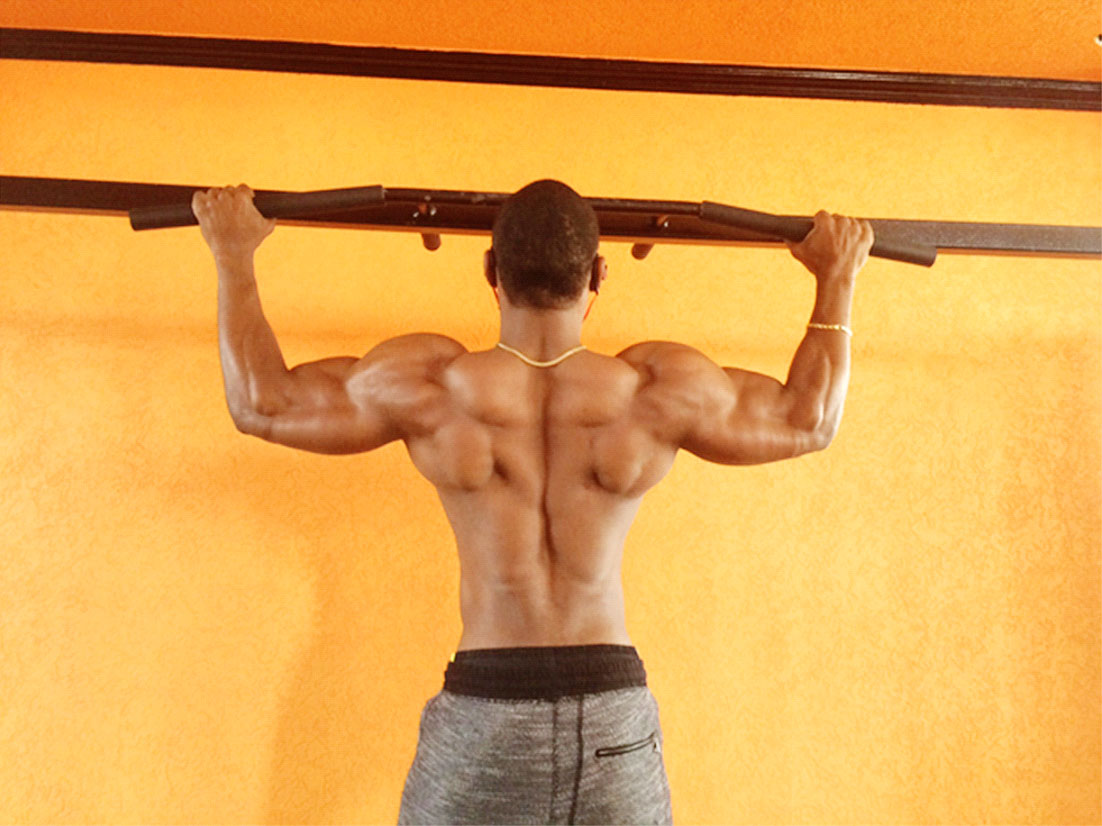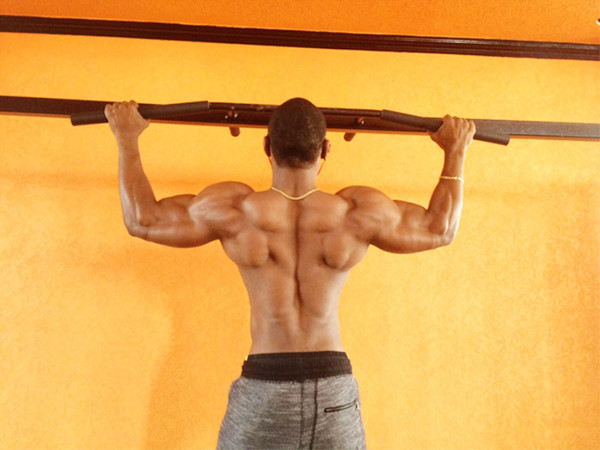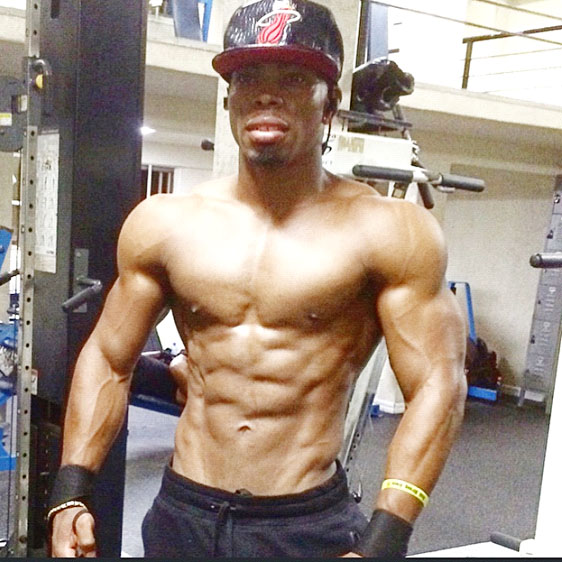Scrolling through my Instagram timeline last week I came across a funny meme with the caption: “Some people can eat five burgers and not gain a pound; I click ‘like’ on a picture of a Nutella jar and gain five pounds.”
While the meme was hilarious and obviously untrue, I asked myself the question “Does genetics play a significant role in an individual’s muscle gain or weight loss efforts?”
Since genetics are often praised or cursed for one’s gains or lack of same, I did some research and the answer may surprise you.
 First I researched genetics and came up with several definitions but the simplest one that stuck was: “The word genetics comes from a Greek word meaning origin, and it refers to the molecular structure and function of our genes.”
First I researched genetics and came up with several definitions but the simplest one that stuck was: “The word genetics comes from a Greek word meaning origin, and it refers to the molecular structure and function of our genes.”
Genes are molecules in our DNA that provide instructions for the creation of special types of proteins that then tell each of our cells what to do, such as build muscle, make bone, carry nerve signals, and so forth.
While our bodies all contain the same types of genes, our programming is different.
For instance, the cells that form my iris were programmed to be a certain shade of brown, whereas yours were programmed to be a different shade, or a different colour altogether. This variability in programming applies to every physiological activity in our bodies.
So yes, your genes determine things like which muscle groups tend to be your ‘strong points,’ your natural hormone levels and rate of muscle growth, and how much fat you tend to hold on your body and where you tend to store it.
But they don’t alter the basic physiological processes by which your body builds muscle or loses fat. So long as you don’t have a disease directly impairing these functions, you can get into amazing shape if you are willing to put the work in.
It can be done
I’ve seen many individuals at the gym where I am a member (Bodymaxx), who were convinced that they were genetically programmed to be fat, lose weight and build lean, muscular physiques by just fixing the way they trained and the food they consumed.
So if you’re afraid that your body is genetically destined to be small, weak, or fat, crush those fears with a dumbbell and a proper diet. I am Guyana’s Men’s Physique champion and was blessed with great genes but your body contains the same genetic programmes as mine that result in muscle growth and fat loss.
In fact, your body might be able to do certain functions relating to these things better than mine. If I’ve made better progress than you with my physique, it’s only because I have a better understanding of how to kick those programmes into gear—that is, I know more about proper training, eating, and resting. That is all.
Now, genetics can make it easier or harder to build muscle and lose fat.
Some people have naturally high testosterone and growth hormone levels, which means faster muscle growth and an overall leaner physique. Some people’s bodies mobilize fat stores more effectively than others, making fat loss an easier endeavour.
Genetics also play a role in the shape of your muscles. Not all guys can have that perfect V-physique (broad shoulders and back and a small waist) or a perfect six pack and not all women can have a gravity-defying, perfectly round butt.
But none of these things are real limitations.
Who cares if you build muscle or lose fat slower than someone else? As long as you can see regular improvements and get to where you want to be, the duration time is irrelevant as long as there is steady progress. Regardless of the quality of your genetic programming in terms of fat loss, you can build the body of your dreams in a matter of a few years, and maintain it for a lifetime.
It’s not a big deal if you can’t have the same aesthetic look as a fitness magazine cover model. You can still look awesome and feel great about yourself and that is what is most important.
Top international fitness model and personality Pauline Nordin famously stated, “A well-built physique is a status symbol. It reflects you worked hard for it, no money can buy it. You cannot inherit it. You cannot hold onto it without constant work. it shows dedication. It shows discipline. It shows self-respect. It shows dignity. It shows patience, work ethic, passion.”
Stay dedicated my friends.
Email questions or comments to: emmersoncampbell@gmail.com












